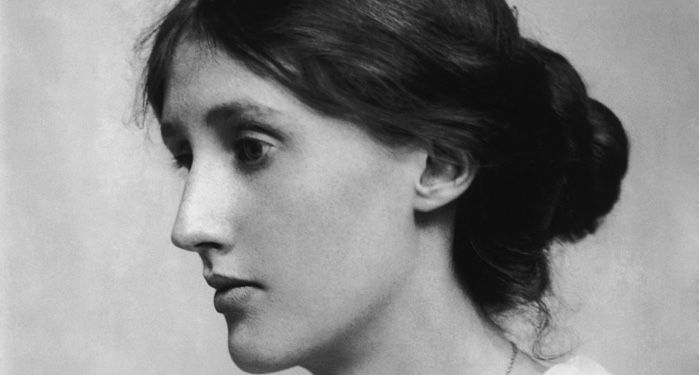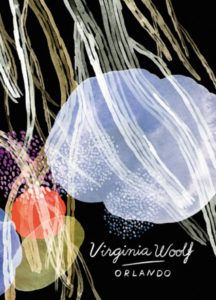
On My In-Class Rebellion About Woolf’s ORLANDO
In the spring of my senior year at college, I was thrilled to be taking a discussion-rooted class about postmodernism and the fantastic. The reading list was great—it included Paradise by Toni Morrison and The Third Policeman by Flann O’Brien—but the class itself suffered because the graduate student leading it was trapped in a narrow viewpoint that didn’t allow for us to speculate during discussion, guiding us through a strict outline of topics and notes and not allowing us to veer off the main topic at hand.

Then, to my dismay, the teacher attempted to shut this train of conversation down. She said that we couldn’t speculate, because it was surrealism and the whole point is not knowing what was real. That discussing what fantastic moments in these postmodern texts could “really mean” was reductive and beside the point.
And—frankly also to my surprise—I interrupted her. I was writing my thesis on what magical realism (drawing on Ficciones by Jorge Luis Borges as well as many of his other works) and surrealism (Milord Pavić’s The Dictionary of the Khazars) and how they utilize the relationship between reader and writer, and the reader’s level of belief in what’s happening, to make new meaning. This meaning doesn’t exist on page—it exists in the reader’s mind. For example, when you read Gogol’s The Nose, where he has a bureaucrat’s nose run away and get promoted in the military, you know that this means something other than just its literal meaning, and so the true meaning, supplied by the author’s clues, is generated in your mind.
So I talked about that, and I talked about it passionately. I told her that Orlando is a novel that uses the fantastic to poke at how gender norms are cultivated rather than rooted in biology, and that it’s hardly drifting too far to speculate that Woolf could be also discussing queerness here. And that speculating was the point, and that as long as we don’t attempt to fix a single meaning to the moment, the discussion in no way encroaches on the concept of the fantastic. She tried to stop me more than once, but I had seen the fire in my classmates’ eyes for the very first time, and about this gorgeous queer novel, and I wanted to defend it.
At the end of it, she icily thanked me for my points and then moved on to a new topic, the next one on her checklist. But things had changed, at least for me. Something in me had switched on. In that moment, I knew that I was ready to go out into the world and become a reader in my own right. To fight for books, talk about them, and even guide conversations. And it sparked, too, a need to fight against people who tried to pull tight the restrictions of interpreting literature, who insisted on giving things only one meaning, and to defend queer books.











